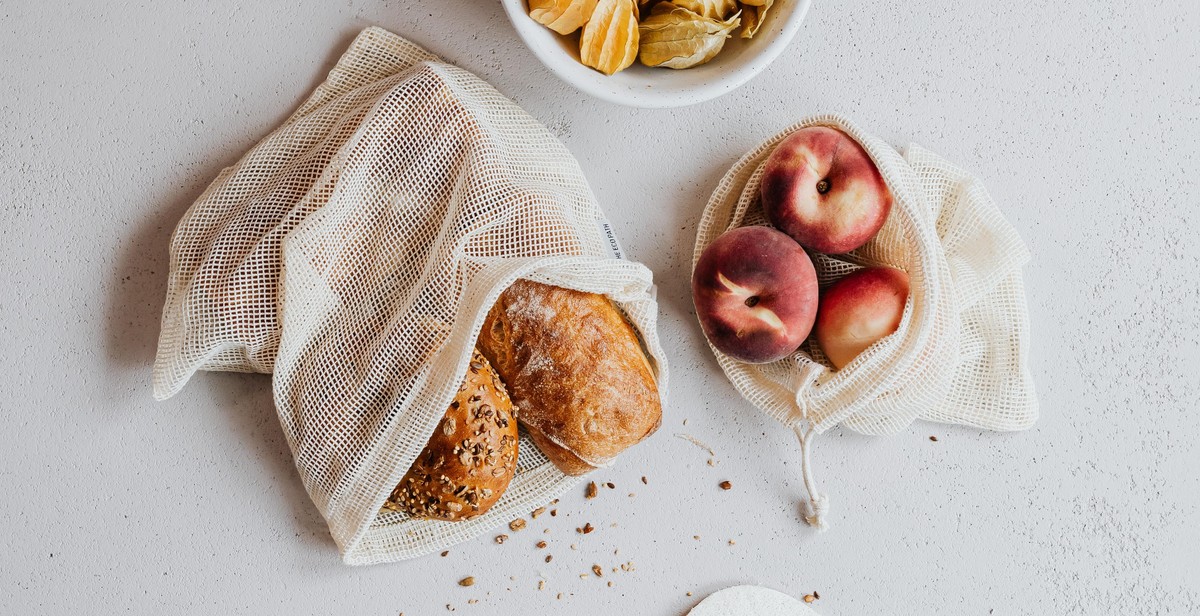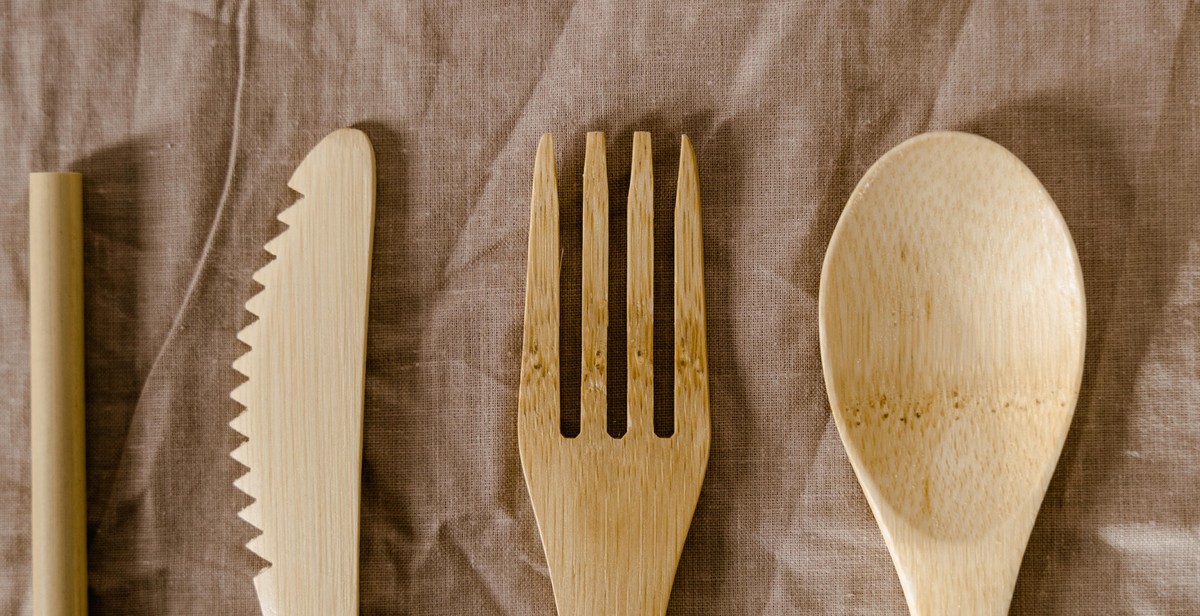How to Reduce Your Plastic Consumption in Your Daily Life
Plastic pollution has become a major environmental concern in recent years. With the increasing use of plastic in our daily lives, it has become essential to reduce our plastic consumption to protect our planet. The good news is that there are plenty of simple and effective ways to reduce your plastic consumption and make a positive impact on the environment.
The Impact of Plastic on the Environment
Plastic pollution is a serious threat to our planet. It takes hundreds of years for plastic to decompose, and during that time, it can harm wildlife, pollute the oceans, and damage the environment. The production and disposal of plastic also contribute to greenhouse gas emissions, which are a major contributor to climate change.
Simple Ways to Reduce Your Plastic Consumption
Reducing your plastic consumption doesn’t have to be difficult. There are plenty of simple changes you can make to your daily routine that can have a big impact on the environment:
- Bring your own reusable bags when shopping
- Use a refillable water bottle instead of buying bottled water
- Avoid single-use plastic products, such as straws, utensils, and containers
- Choose products with minimal packaging or packaging made from sustainable materials
- Recycle plastic products whenever possible
The Benefits of Reducing Your Plastic Consumption
Reducing your plastic consumption has numerous benefits, both for the environment and for your own life. By reducing plastic waste, you can help protect wildlife, reduce greenhouse gas emissions, and keep our oceans clean. You can also save money by using reusable products instead of buying single-use items. So, start making simple changes to your daily routine today and do your part to reduce plastic pollution.

Why reducing plastic consumption is important
Plastic pollution is one of the biggest environmental challenges we face today. It is estimated that by 2050, there will be more plastic in the ocean than fish if we don’t take action to reduce our plastic consumption.
Plastic harms marine life
Plastic waste in the ocean harms marine life in many ways. Sea turtles, whales, and other marine animals can mistake plastic for food and ingest it, which can lead to injury or death. Plastic can also entangle marine animals, making it difficult for them to move, eat, and breathe.
Plastic contributes to climate change
Plastic production and disposal contribute to greenhouse gas emissions, which are a major cause of climate change. The production of plastic requires the use of fossil fuels, which release greenhouse gases into the atmosphere. Plastic waste that ends up in landfills also releases methane, a potent greenhouse gas.
Plastic harms human health
Plastic pollution not only harms marine life and contributes to climate change, but it also harms human health. Chemicals used in the production of plastic, such as bisphenol A (BPA) and phthalates, can leach into food and water, which can lead to health problems such as cancer, reproductive problems, and developmental delays.
Reducing plastic consumption can make a difference
Reducing plastic consumption can help to reduce plastic pollution and its impact on the environment and human health. By making small changes in our daily lives, such as using reusable bags, water bottles, and containers, we can reduce our plastic consumption and make a positive impact on the planet.
It’s important to remember that reducing plastic consumption is not just an individual responsibility, but also a collective one. Governments, businesses, and communities also have a role to play in reducing plastic waste and promoting sustainable alternatives.
By working together, we can reduce our reliance on plastic and create a cleaner, healthier planet for future generations.

Tips for reducing plastic consumption at home
Plastic pollution is a major problem affecting our environment. It is estimated that about 8 million tons of plastic waste enter the oceans every year. As individuals, we can take small steps to reduce our plastic consumption, and here are some tips to help you get started:
1. Use reusable bags
Plastic bags are one of the most common types of litter found in oceans and on beaches. To reduce your plastic consumption, consider using reusable bags made of cloth, canvas, or other durable materials. Keep them in your car or at the front door so you don’t forget them when you go shopping.
2. Say no to plastic straws
Plastic straws are another major source of plastic pollution. If you enjoy using straws, consider switching to reusable straws made of stainless steel, glass, or bamboo. Alternatively, you can simply skip the straw altogether.
3. Switch to reusable water bottles
Single-use plastic water bottles are a major contributor to plastic pollution. Instead of buying bottled water, consider investing in a reusable water bottle made of stainless steel, glass, or BPA-free plastic. This will not only reduce your plastic consumption but also save you money in the long run.
4. Bring your own containers for takeout food
When you order takeout food, ask the restaurant to pack your food in your own containers instead of using plastic containers. This will not only reduce your plastic consumption but also help you avoid the harmful chemicals that can leach from plastic containers into your food.
5. Use cloth napkins instead of paper
Instead of using paper napkins, consider using cloth napkins that can be washed and reused. This will not only reduce your plastic consumption but also add a touch of elegance to your dining table.
By implementing these simple tips, you can reduce your plastic consumption and help protect our environment. So, start today and make a difference!

Tips for reducing plastic consumption outside of home
Reducing plastic consumption is not only limited to your home but also when you are outside. Here are some tips to help you reduce plastic consumption when you are on the go:
1. Bring your own reusable utensils
When eating out, bring your own reusable utensils such as a spoon, fork, and knife. This eliminates the need for single-use plastic utensils that are often provided by restaurants and fast-food chains.
2. Avoid single-use plastic packaging
When shopping for food, avoid products that come in single-use plastic packaging. Instead, opt for products that come in paper or cardboard packaging or choose to buy in bulk. This reduces the amount of plastic waste that ends up in landfills and oceans.
3. Use a safety razor instead of disposable razors
Disposable razors are not only harmful to the environment but also expensive in the long run. Invest in a safety razor that can be used multiple times and can last for years. This reduces the amount of plastic waste generated from disposable razors.
4. Choose products with minimal packaging
When shopping for personal care products, choose products that have minimal packaging. Avoid products that come in plastic containers and opt for those that come in glass or metal containers. This reduces the amount of plastic waste generated and also promotes the use of eco-friendly packaging materials.
5. Purchase items in bulk
Buying items in bulk not only saves you money but also reduces the amount of plastic packaging that ends up in landfills. When shopping for groceries, choose to buy in bulk and bring your own reusable containers to store them. This reduces the amount of plastic waste generated and promotes the use of reusable containers.
| Tips for reducing plastic consumption outside of home |
|---|
| 1. Bring your own reusable utensils |
| 2. Avoid single-use plastic packaging |
| 3. Use a safety razor instead of disposable razors |
| 4. Choose products with minimal packaging |
| 5. Purchase items in bulk |
By following these tips, you can reduce your plastic consumption when you are on the go and also contribute to a cleaner and healthier environment.

Conclusion
Reducing plastic consumption is not only important for the environment but also for our own health. It is a collective responsibility to make the necessary changes in our daily lives to reduce plastic waste and protect our planet.
Here are some key takeaways:
- Avoid single-use plastics whenever possible. Bring your own reusable bags, water bottles, and coffee cups.
- Choose products with minimal packaging and opt for items made from sustainable materials.
- Recycle properly and educate yourself on what can and cannot be recycled in your area.
- Support companies and organizations that prioritize sustainability and environmentally friendly practices.
Small changes can make a big impact. By reducing our plastic consumption, we can help preserve our oceans, wildlife, and natural resources for future generations.
Let’s take action today and make a difference!
| Resource: | National Geographic – Ocean Plastic Pollution Solutions |
